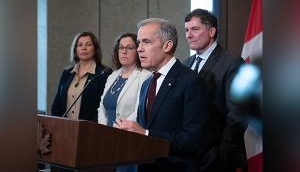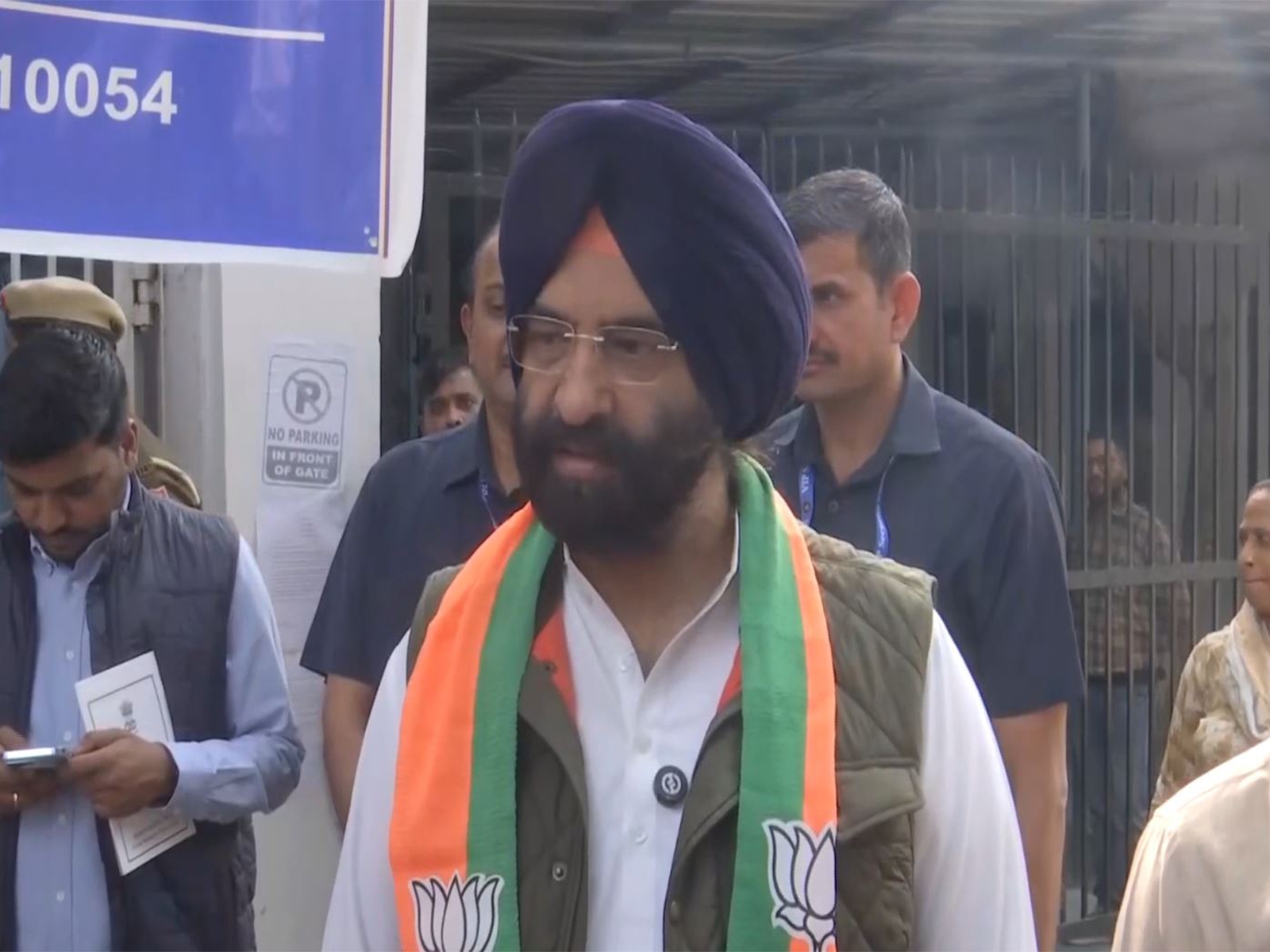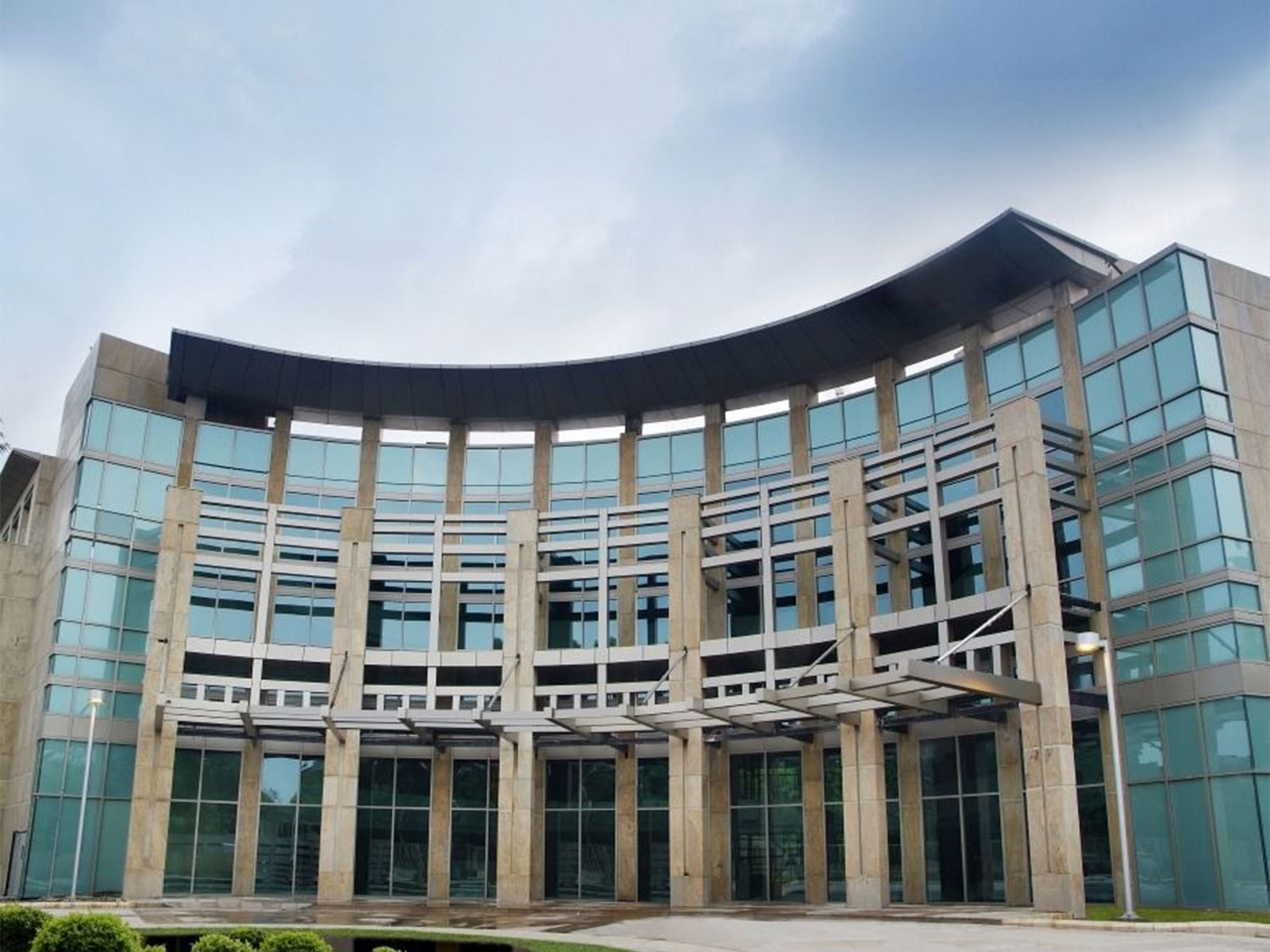
- Google to allow NGOs to feature anti-radicalisation ads on select targeted searches.
- Pilot programme to be launched in UK; has been proposed to the British Parliament.
- Google clarified that it will not alter search results or redirect the users; instead, they\'ll present a counter narrative to damaging content.
Google is once again all set to use its powers as the search engine god to manipulate the online community. Except, this time we might just be okay with what they propose to do -counter extremism and radicalisation!
As the online space grows exponentially, its influence on vulnerable sections of the society has also multiplied over the last few years. To say that world wide web has become a fertile recruiting field for extremist and terror elements would be an understatement. Groups such as the Islamic State and Taliban are actively using all forms of social and digital media as tools of propaganda and to promote their ideology.
Information that can impact sensitive minds is easily available at the click of a few buttons, and Google, unwittingly, has laid inroads to such database and information that work in the favour of growing extremism.
But now Google has decided to take matters into its own hands. It is all set to launch a pilot programme in the United Kingdom that will allow certain approved NGOs to publish targeted counter radicalisation advertisements that will show up along with search results for "extremist and radical" keyword search.
"The free Google AdWords Grant programme is starting a pilot for a handful of eligible non-governmental agencies to run ads against terrorism-related search queries of their choosing," a Google spokesperson explained.
Part of Google's social initiative called Adword Grants, the programme will also allow customised search results, on certain keywords, that direct users to any help they may require. However, contrary to earlier reports, Google clarified that it would not alter search results or redirect the user.
The programme has also been proposed in the British Parliament by Google's Senior Manager for Public Policy and Communications -- Anthony House. "We should get the bad stuff down, but it's also extremely important that people are able to find good information, that when people are feeling isolated, that when they go online, they find a community of hope, not a community of harm," House emphasised.
The initiative will also allow other multimedia content such as videos to be more widely available to the audience. "This year, we are running two pilot programmes. One is to make sure that these types of videos are more discoverable on YouTube. The other one is to make sure when people put potentially damaging search terms into our search engine, they also find this counter narrative."
This proposal was ideated after the British Parliament challenged technology giants Google, Twitter, and Facebook to enhance their role in anti-terrorism.
"Showing anti-extremist adverts alongside results is a direct attempt to tackle extremist views - counteracting powerful messages with other powerful messages," House added.
First published: 4 February 2016, 7:08 IST







![BJP's Kapil Mishra recreates Shankar Mahadevan’s ‘Breathless’ song to highlight Delhi pollution [WATCH] BJP's Kapil Mishra recreates Shankar Mahadevan’s ‘Breathless’ song to highlight Delhi pollution [WATCH]](https://images.catchnews.com/upload/2022/11/03/kapil-mishra_240884_300x172.png)

![Anupam Kher shares pictures of his toned body on 67th birthday [MUST SEE] Anupam Kher shares pictures of his toned body on 67th birthday [MUST SEE]](https://images.catchnews.com/upload/2022/03/07/Anupam_kher_231145_300x172.jpg)






